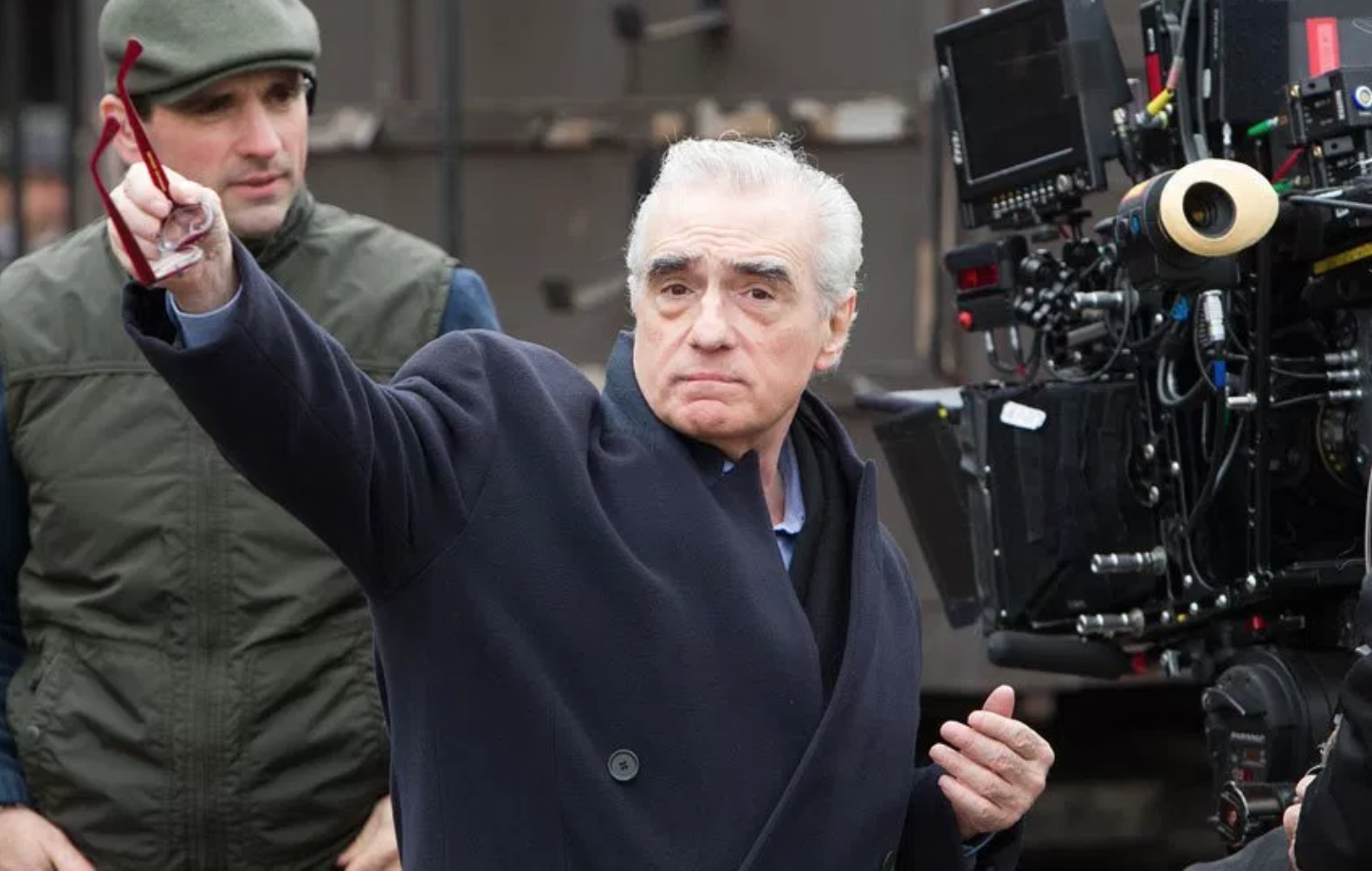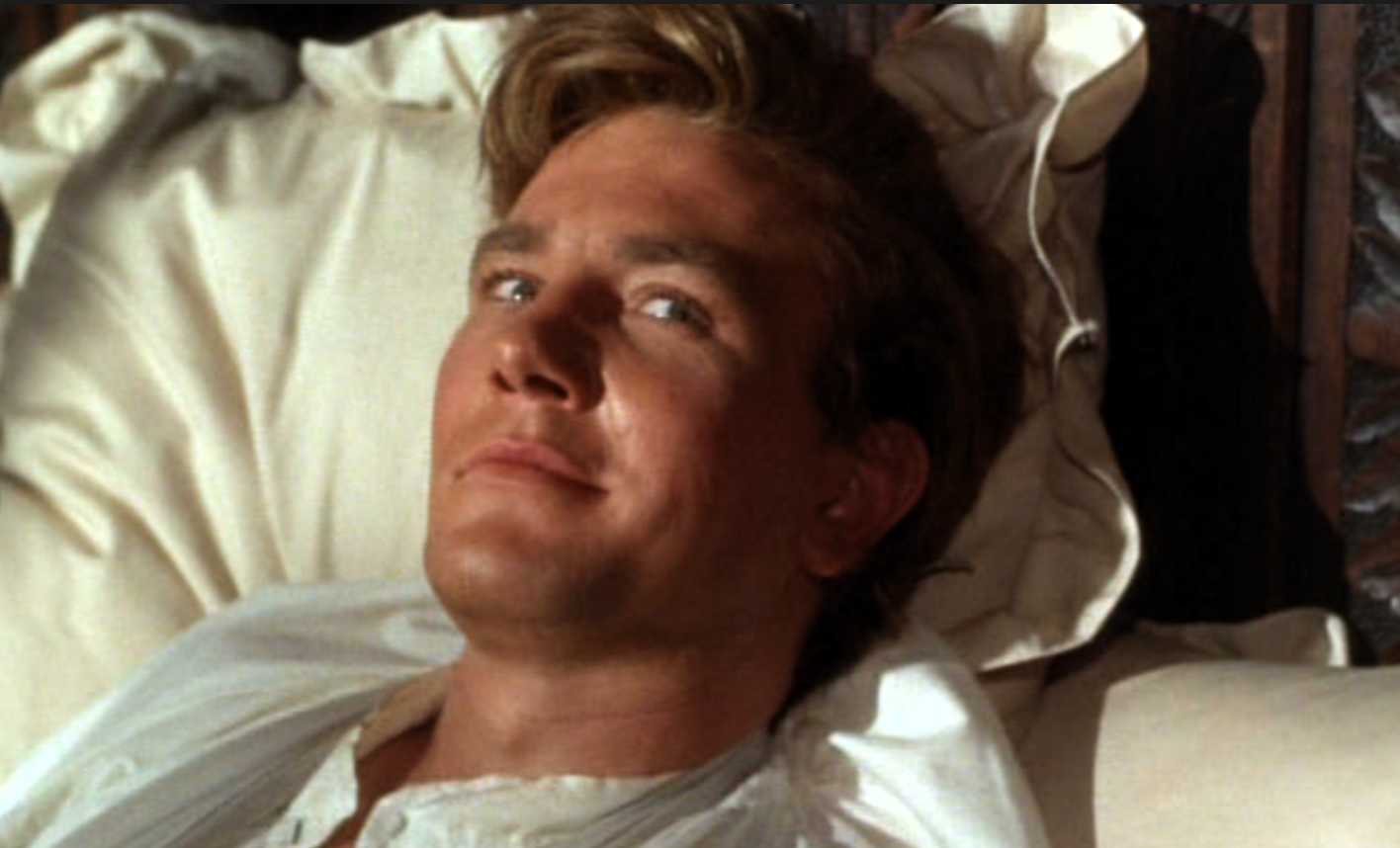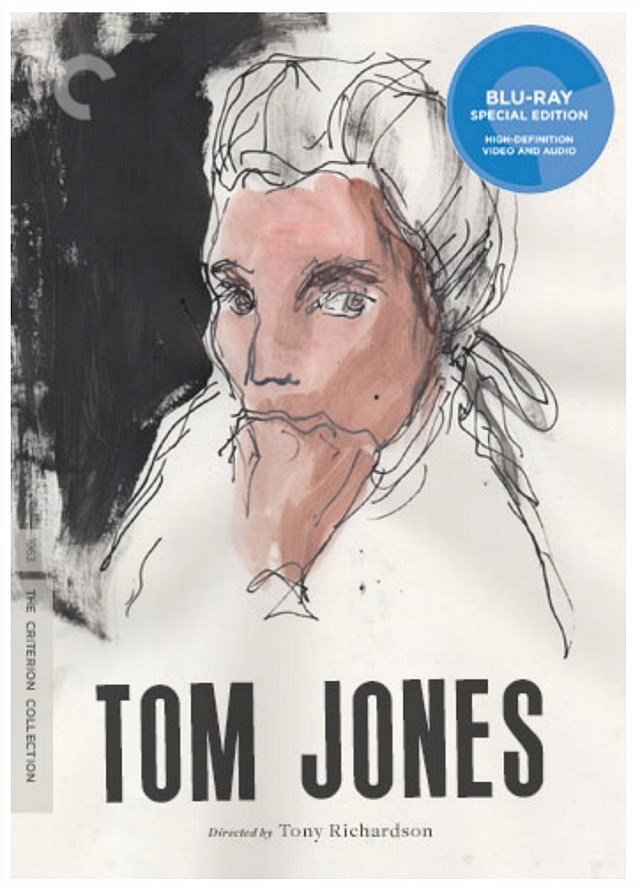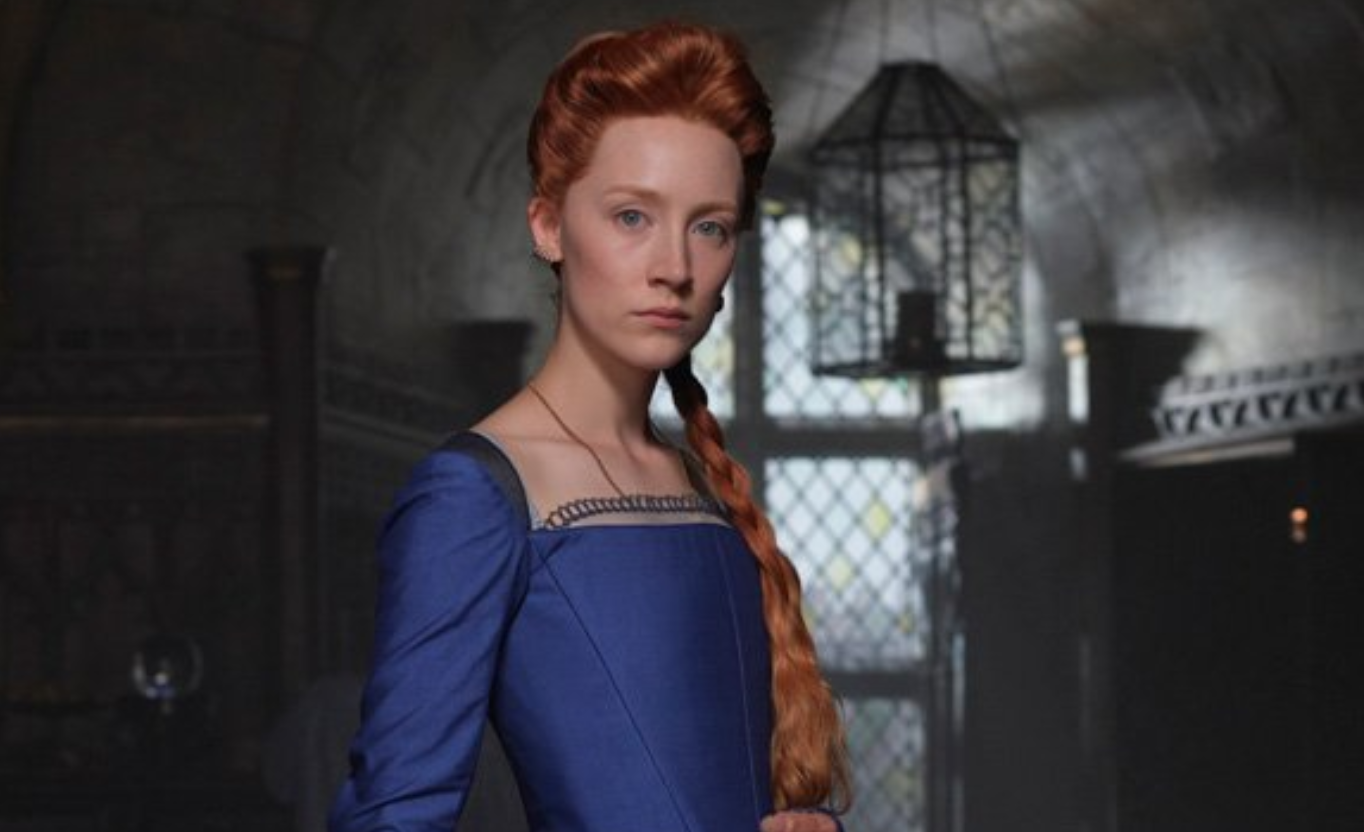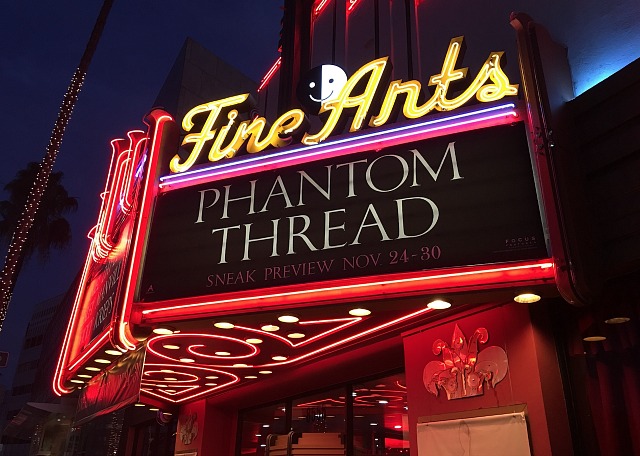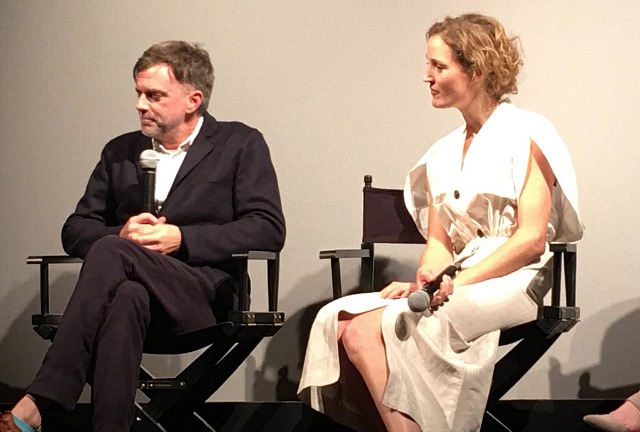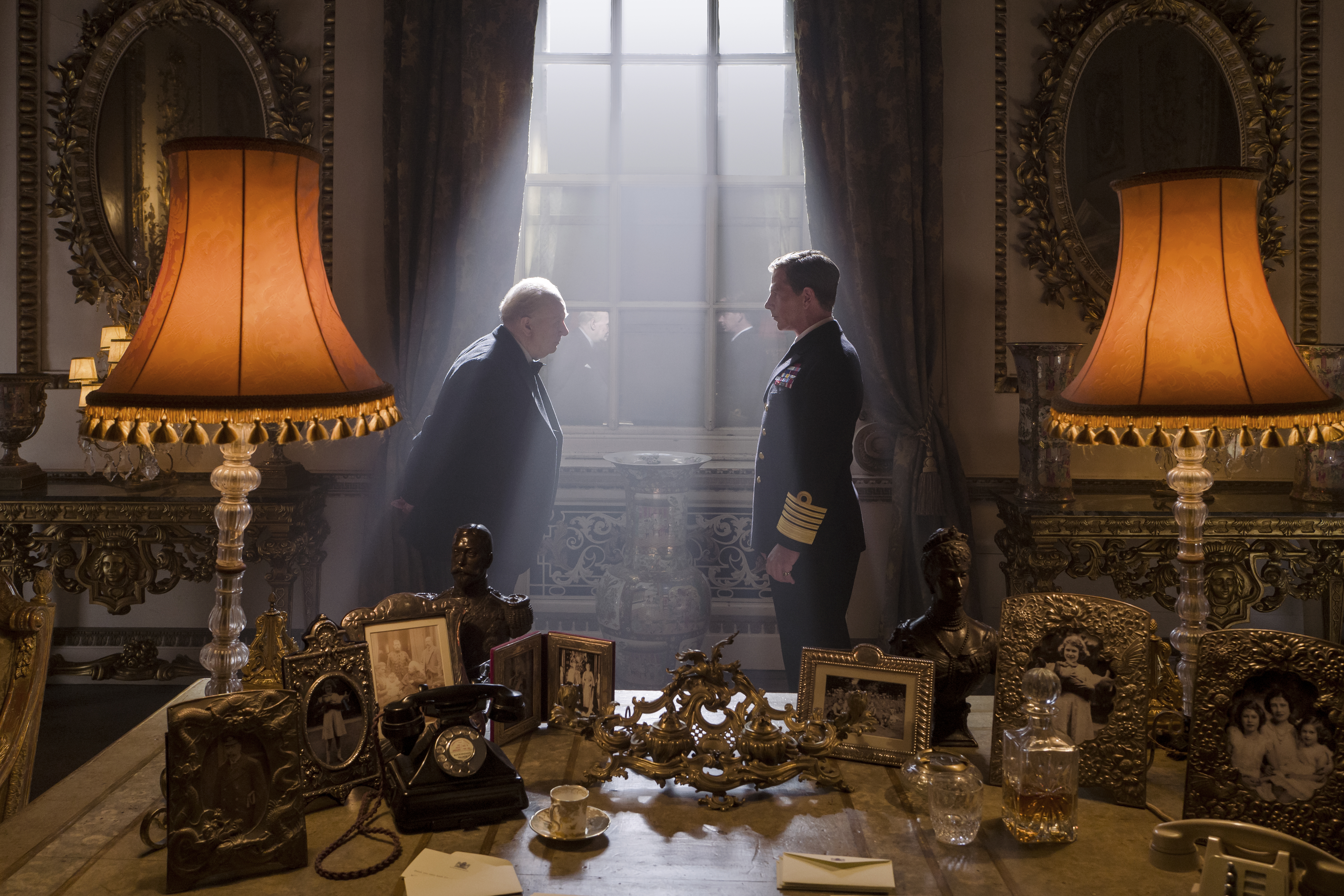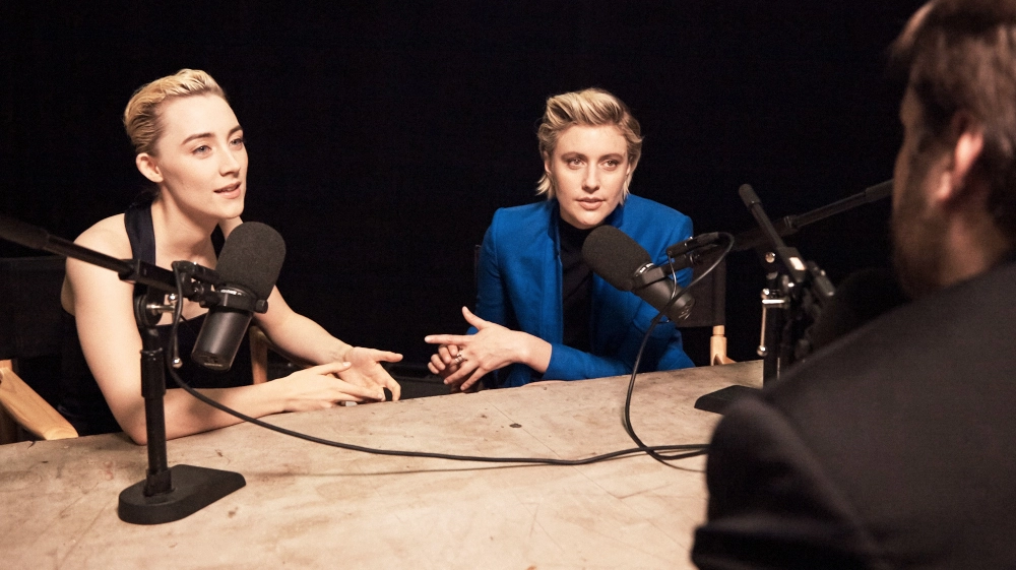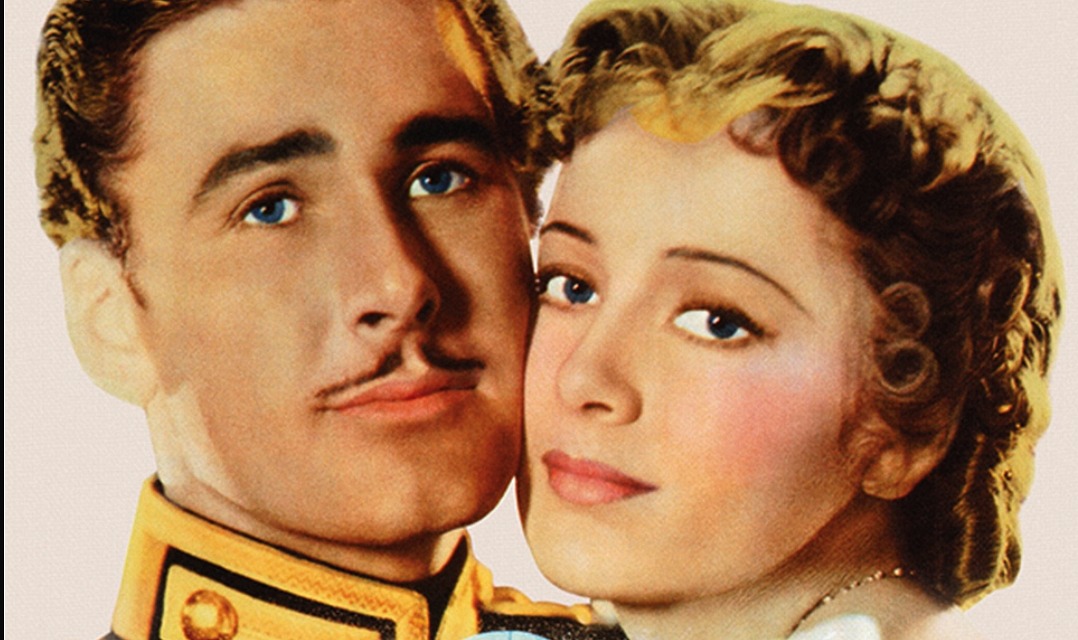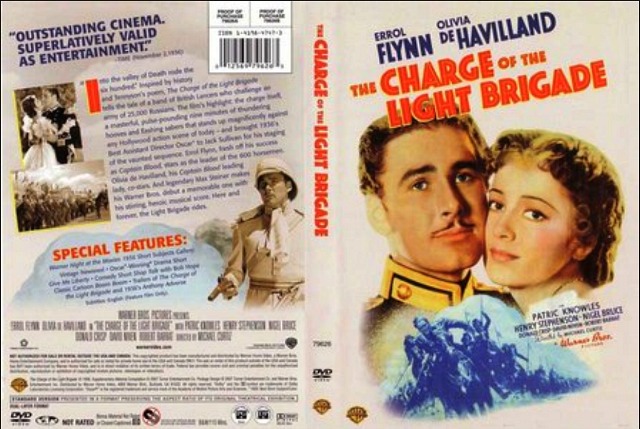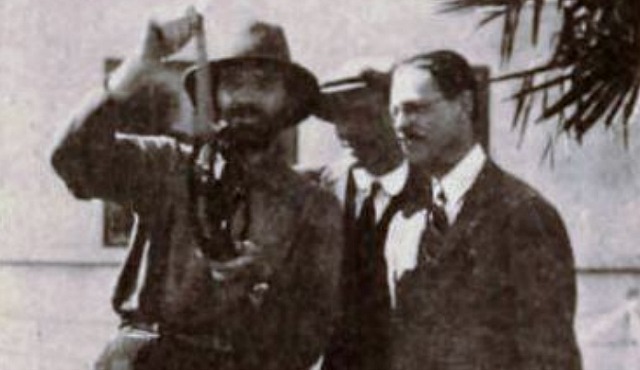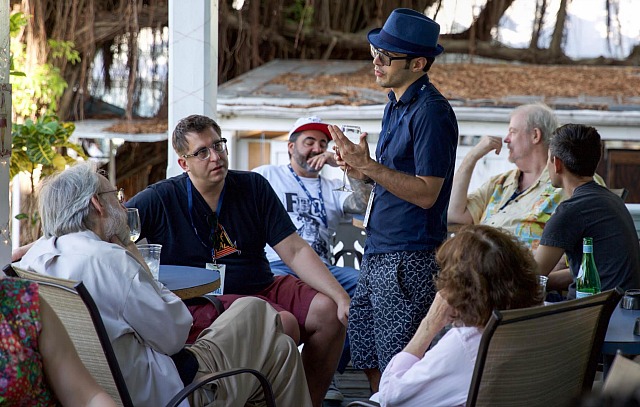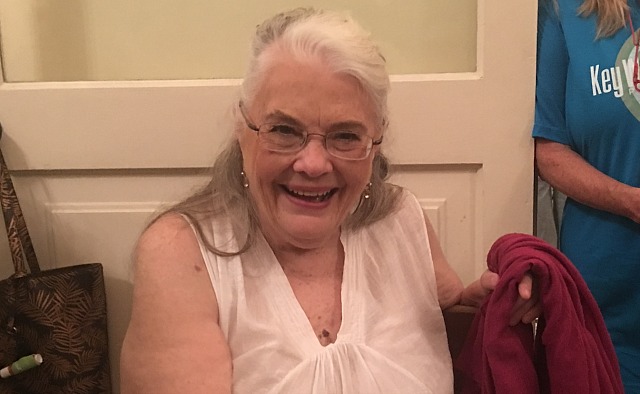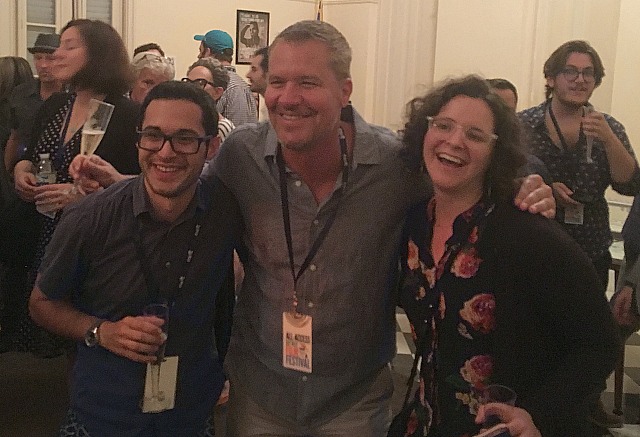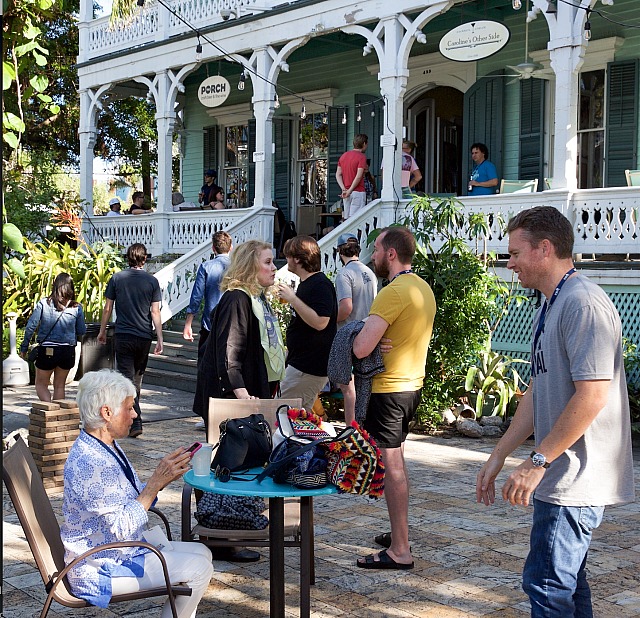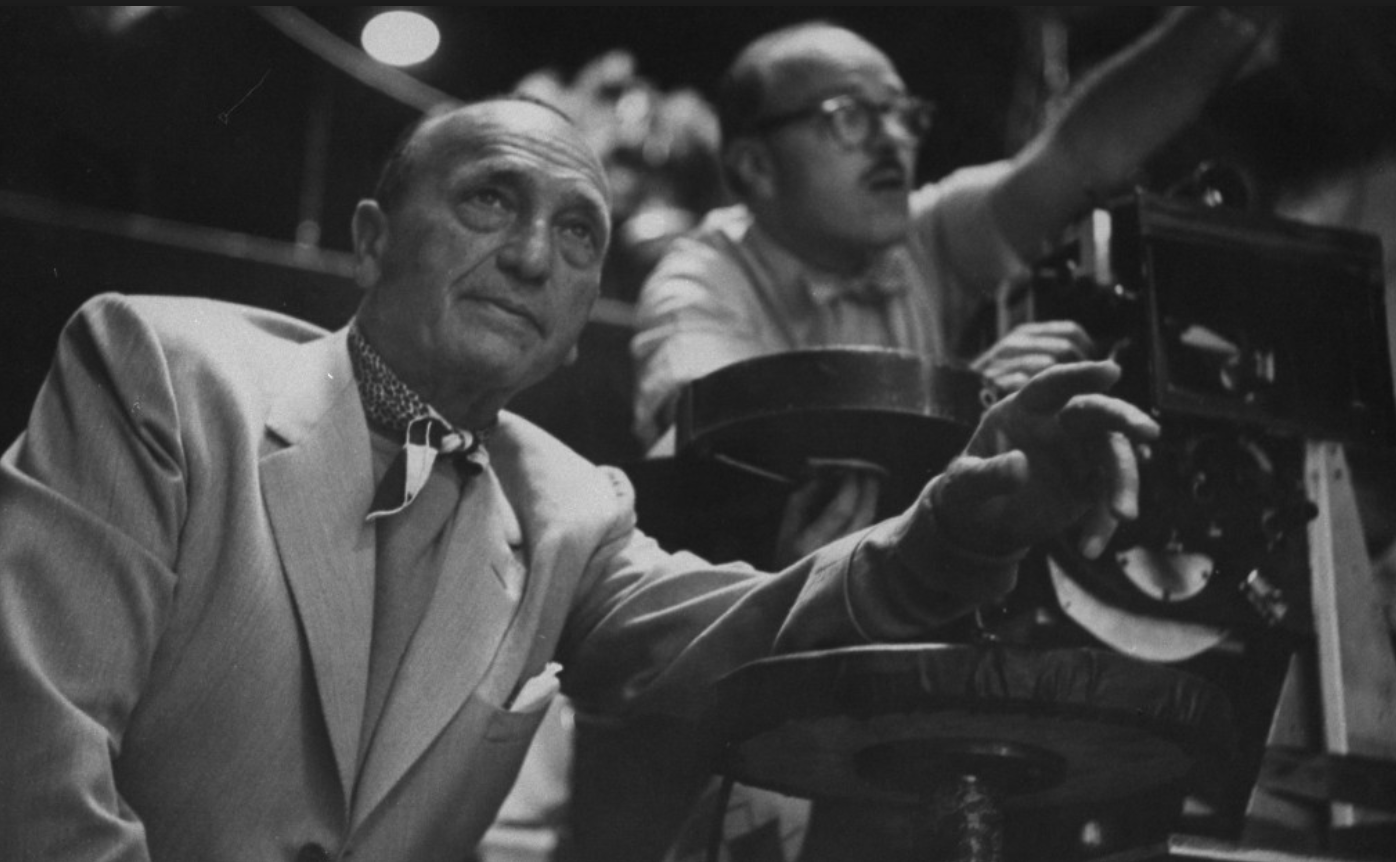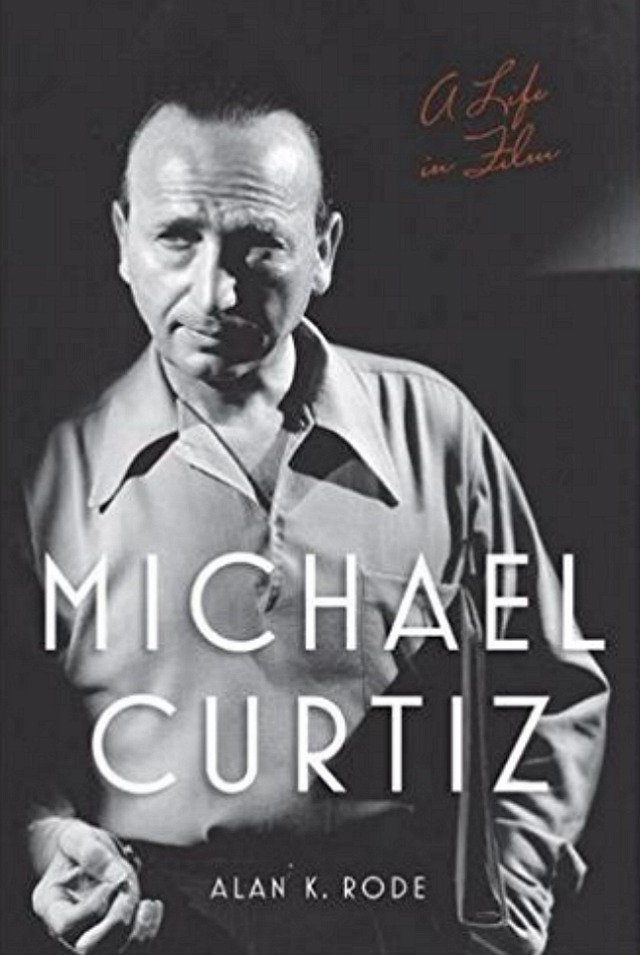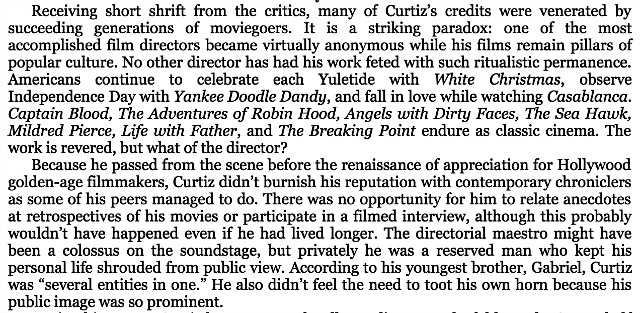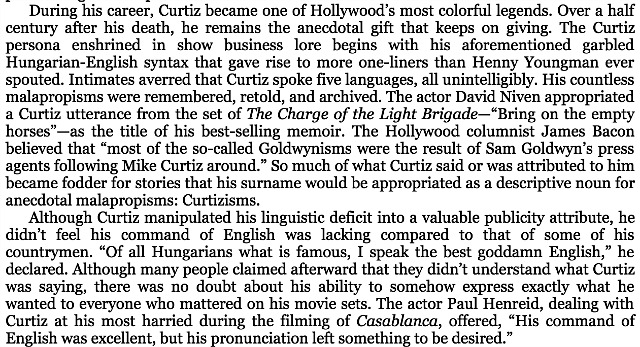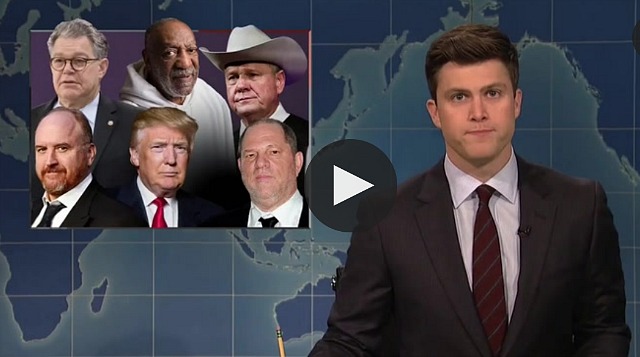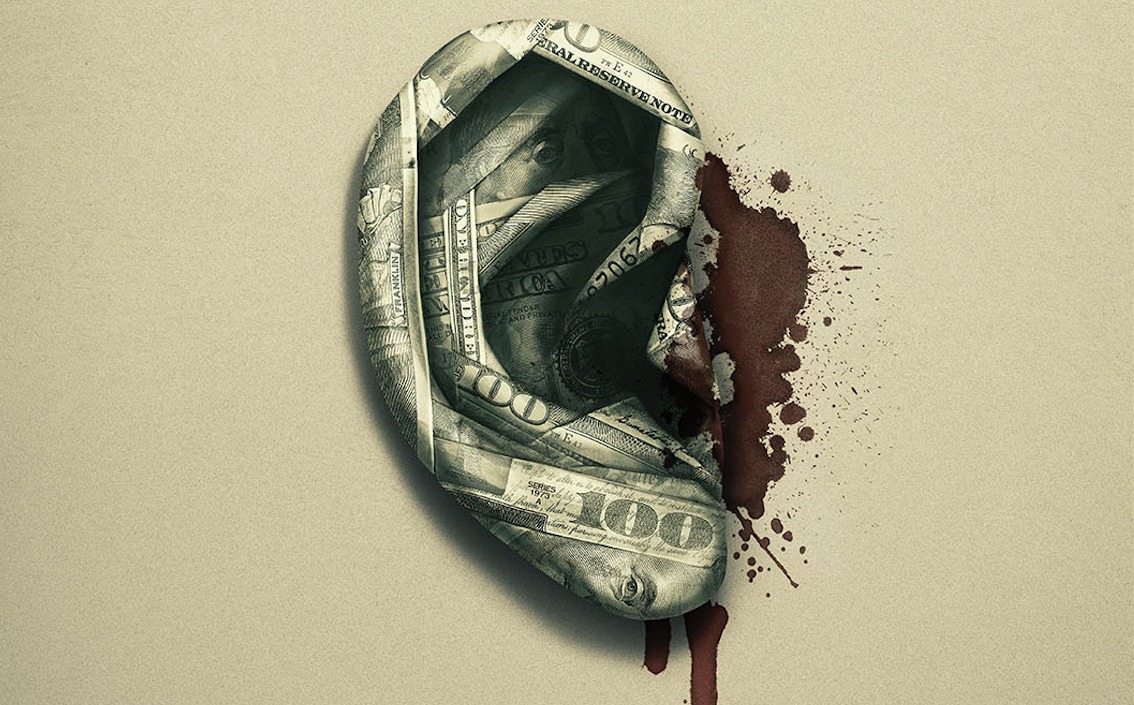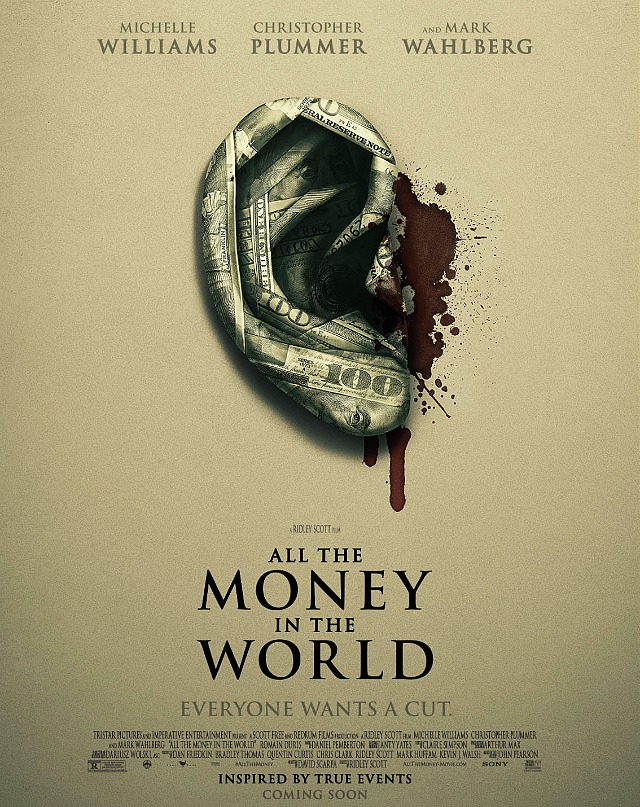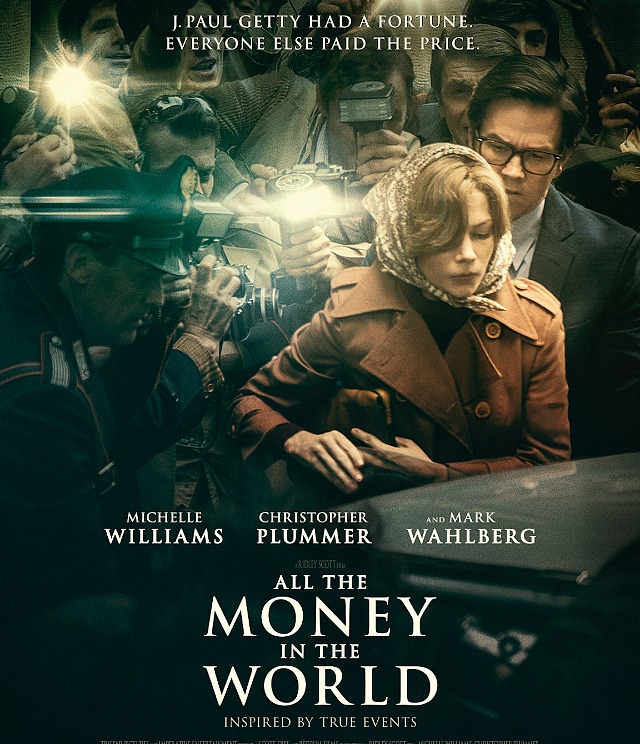After last Saturday’s “2018 Hotties” post, I added several titles and then tried to reorganize the whole thing. Right now I’ve got 20 strong-sounding features, a good percentage of which could end up as awards-bait fall releases (The Irishman, Roma, Back Seat, First Man, Bohemian Rhapsody, The Wife). Plus 7 upmarket genre films plus 13 likely standouts from (in no particular order) Benh Zeitlin, Yorgos Lanthimos, Laszlo Nemes, Clint Eastwood, Garth Davis, Richard Linklater, David McKenzie, Joel Edgerton, Robert Zemeckis, Wes Anderson‘, John Curran, Jennifer Kent, Paolo Sorrentino and Paul Verhoeven.
That makes for a total of 40 noteworthy 2018 films to look forward to, of which maybe 20 or 25 will deliver the real goods…who knows? But the year is already looking pretty nifty. And none of these fall under the category of mind-melting, idiot-brand, superhero franchise CG Asian-market slop. And yet I am looking forward to Ryan Coogler‘s Black Panther as well as Peyton Reed‘s Ant Man and the Wasp.
Topliners: 1. Martin Scorsese‘s The Irishman (Robert De Niro, Al Pacino, Joe Pesci, Bobby Cannavale, Harvey Keitel, Ray Romano); 2. Adam McKay‘s Backseat (Christian Bale, Amy Adams, Steve Carell, Sam Rockwell); 3. Damien Chazelle‘s First Man, a space drama about NASA’s Duke of Dullness, Neil Armstrong (Ryan Gosling, Claire Foy, Corey Stoll, Kyle Chandler, Jason Clarke); 4. Saoirse Ronan in Mary, Queen of Scots (w/ Margot Robbie, David Tennant, Jack Lowden, Guy Pearce); 5. Clint Eastwood‘s The 15:17 to Paris (Jenna Fischer, Judy Greer, Bryce Gheisar, Alek Skarlatos, Thomas Lennon, Jaleel White, Tony Hale, P.J. Byrne).
6. Steve McQueen‘s Widows (Viola Davis, Cynthia Erivo, Andre Holland, Elizabeth Debicki, Michelle Rodriguez, Daniel Kaluuya, Liam Neeson, Colin Farrell); 7. Terrence Malick‘s Radegund (August Diehl, Valerie Pachner, Michael Nyqvist, Matthias Schoenaerts, Jürgen Prochnow, Bruno Ganz; 8. Alfonso Cuaron‘s Roma (Marina de Tavira, Marco Graf, Yalitza Aparicio, Daniela Demesa, Enoc Leaño, Daniel Valtierra); 9. Jacques Audiard‘s The Sisters Brothers (Jake Gyllenhaal, Joaquin Phoenix, Rutger Hauer, Riz Ahmed, John C. Reilly); 10. Barry Jenkins‘ If Beale Street Could Talk (Kiki Layne, Stephan James, Teyonah Parris, Regina King, Colman Domingo, Brian Tyree Henry, Diego Luna, Dave Franco).
11. Bryan Singer‘s Bohemian Rhapsody (15-year period from the formation of Queen and lead singer Freddie Mercury up to their performance at Live Aid in 1985) w/ Rami Malek, Ben Hardy, Gwilym Lee, Joseph Mazzello, Allen Leech, Lucy Boynton. 20th Century Fox, 12.25.18; 12. Bjorn Runge‘s The Wife (Glenn Close‘s Best Actress campaign + Jonathan Pryce, Christian Slater, Annie Starke. Max Irons); 13. Felicity Jones as Ruth Bader Ginsburg in On The Basis of Sex; 14. Gus Van Sant‘s Don’t Worry, He Won’t Get Far on Foot (costarring Joaquin Phoenix, Rooney Mara, Jonah Hill, Jack Black, Mark Webber); 15. Felix von Groeningen‘s Beautiful Boy with Steve Carell and Timothy Chalamet.

